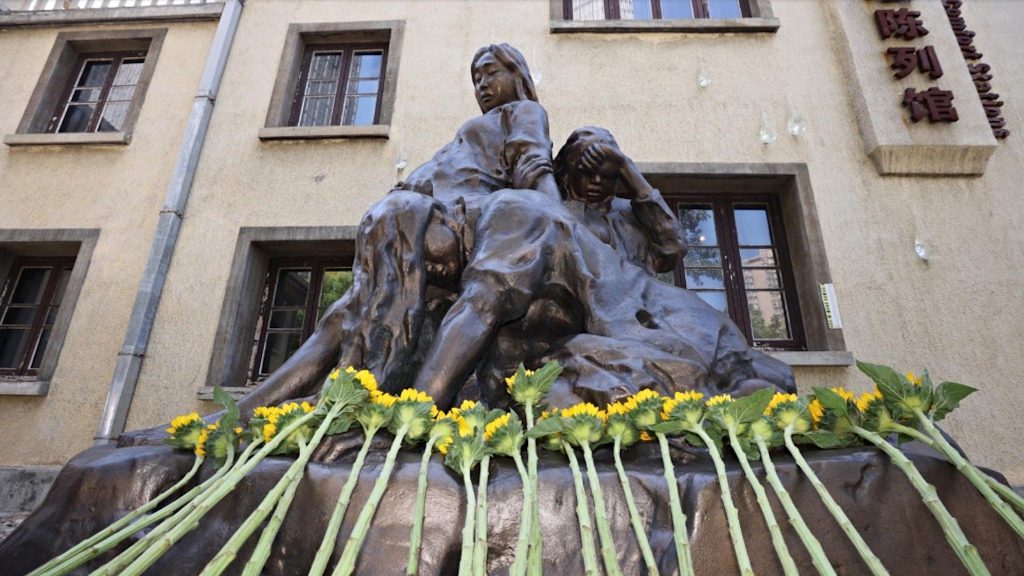Families of Chinese women who were forced into sexual slavery during wartime have started a new legal case against the Japanese government, seeking justice for the suffering of their relatives and potentially impacting future claims for compensation.
Key points:
- The lawsuit, which was filed in a court in China’s Shanxi province, comes after a previous successful case. successful precedent in South Korea.
- Plaintiffs are asking for official apologies and money, highlighting the importance of acknowledging and addressing the wartime misery of the victims.
- The case is expected to face significant challenges, including issues related to sovereign immunity and the relationship between China and Japan, which could influence the court’s decision and its enforcement.
The details:
- Relatives of 18 deceased Chinese women who were forced into sexual slavery have initiated legal action in mid-April, aiming to receive apologies and 2 million yuan ($276,000) for each victim from the Japanese government.comfort women” in mid-April, according to local media. It seeks a formal apology and 2 million yuan ($276,000) per victim from the Japanese government.
- Around 20,000 Chinese women were coerced into working in Japanese military brothels during World War II. These women, alongside many others from Asia, were forced into sexual slavery by the Imperial Japanese Army.
- A number of legal cases have been brought to Japanese courts by Chinese “comfort women” since the 90s, all of which have been rejected. The Japanese Supreme Court upheld that individual claims for damages were waived under the 1972 Japan-China Joint Communique.
- In 2021, the Seoul Central District Court ruled in favor of the “comfort women,” ordering the Japanese government to pay each victim 100 million Korean won ($91,000 at the time). While Tokyo ignored the landmark ruling, it has influenced the current lawsuit in China.
- The Chinese court is expected to decide whether to accept the lawsuit in about a month. If accepted, the litigation could extend over several years due to its complex and sensitive nature.
- The lawsuit demonstrates a long-standing grievance that has lasted for decades and continues to impact the diplomatic relations between Japan, China, and other Asian countries. Tokyo’s historical reluctance to fully acknowledge and apologize for such war crimes continues to strain its international relationships.



